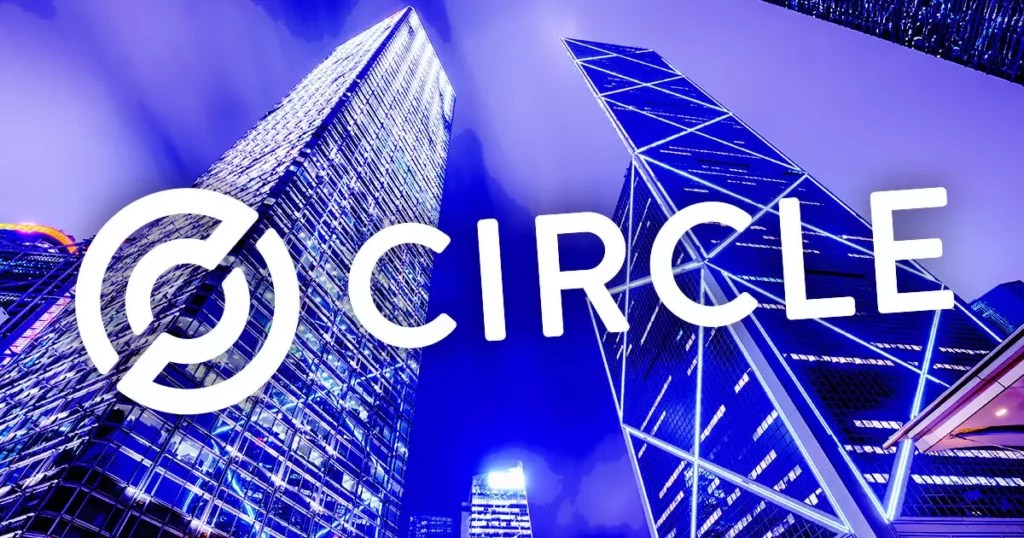Circle, a fintech company that issues the stablecoin USDC, is facing regulatory hurdles from the US Securities and Exchange Commission (SEC) as it seeks to go public in a multi-billion dollar initial public offering (IPO). The SEC has expressed concerns about the classification of USDC and other stablecoins as securities under US law, which could have significant implications for Circle’s business model.
According to reports, the SEC has engaged in an extensive exchange with Circle over the past year, requesting detailed disclosures about the risks associated with USDC being classified as a security. The regulatory documents reveal that the SEC has raised concerns about whether Circle should register as an investment company and comply with additional regulatory requirements if USDC is classified as a security.
If USDC were to be classified as a security, Circle would face increased costs and regulatory oversight. The company would need to register USDC and other assets, potentially limiting the types of customers who can transact with them. Additionally, Circle might be subject to fines, required to register as a broker-dealer, and obligated to allow customers to rescind earlier purchases.
Furthermore, if the SEC designates Circle as an investment company rather than an operating company, the company would be subject to closer SEC oversight. This would involve filing regular holdings reports and adhering to certain limits, which could have a significant impact on Circle’s operations and growth prospects.
Some legal experts have criticized the SEC’s prolonged scrutiny of Circle’s IPO process, suggesting that the agency’s concerns could impede the company’s ability to operate. Todd Phillips, a law professor, highlighted the potential challenges that Circle could face if its products are classified as securities, making it more expensive to operate and potentially limiting its market reach.
Despite the SEC’s concerns, Circle has reportedly overcome many obstacles to its IPO application. The company first attempted to go public in 2021 through a SPAC merger, but the deal was called off due to regulatory uncertainties. Circle then filed confidential IPO paperwork in January, aiming to pursue a traditional IPO route in its second attempt at going public.
As Circle navigates the regulatory landscape and works towards its IPO, the company must address the SEC’s concerns and ensure compliance with applicable regulations. The outcome of the SEC’s review will have a significant impact on Circle’s future operations and growth potential, highlighting the importance of regulatory clarity for fintech companies operating in the digital asset space.















Leave a Reply